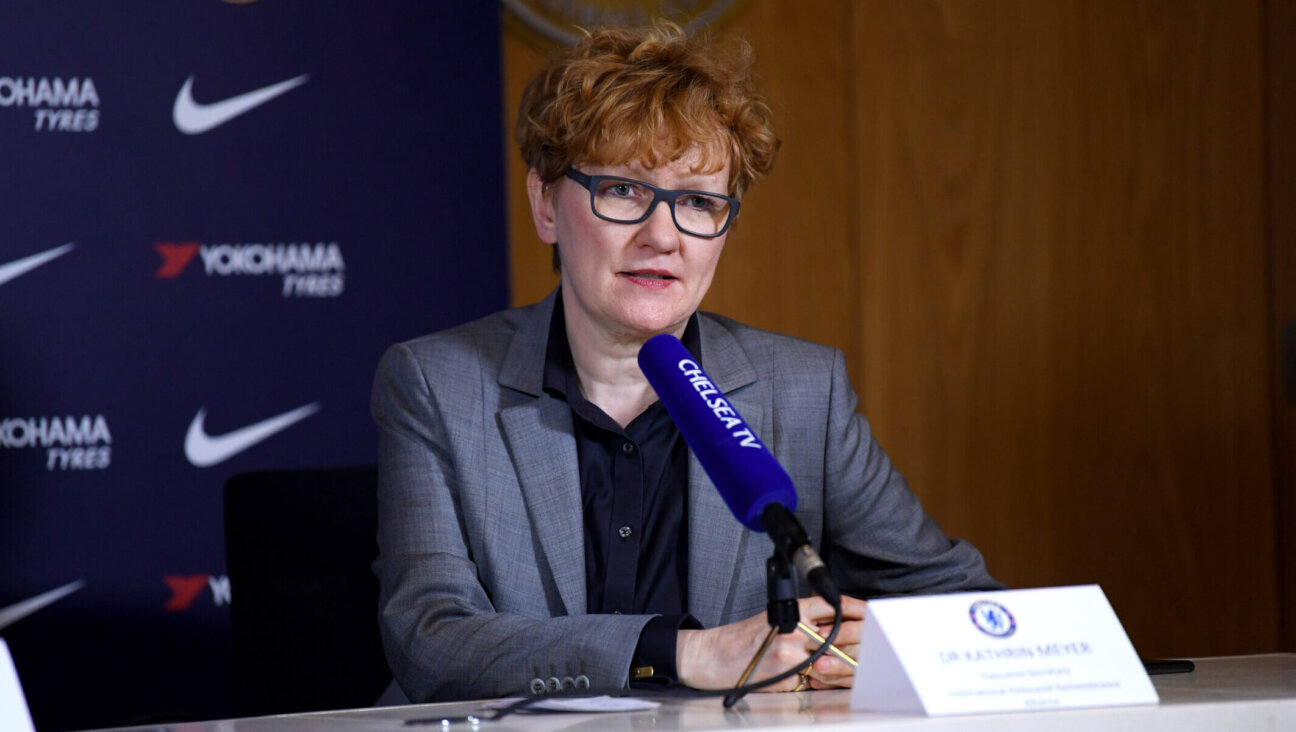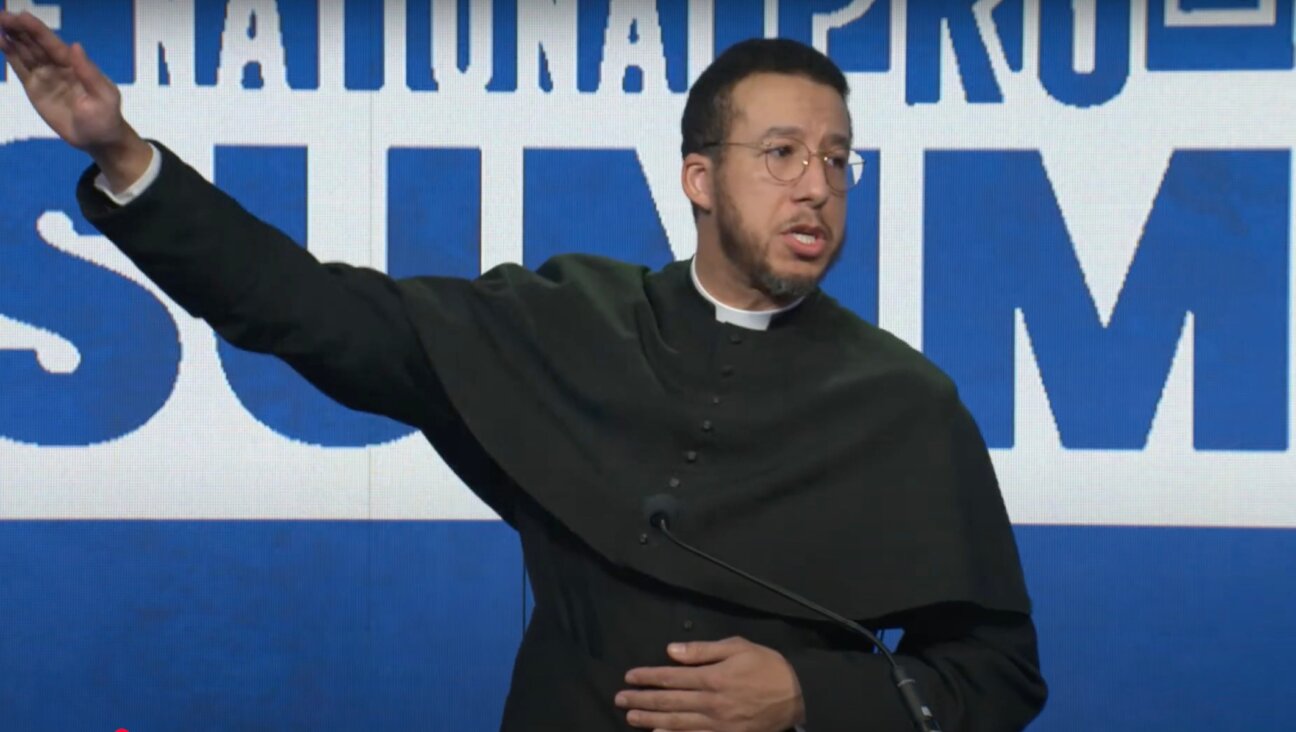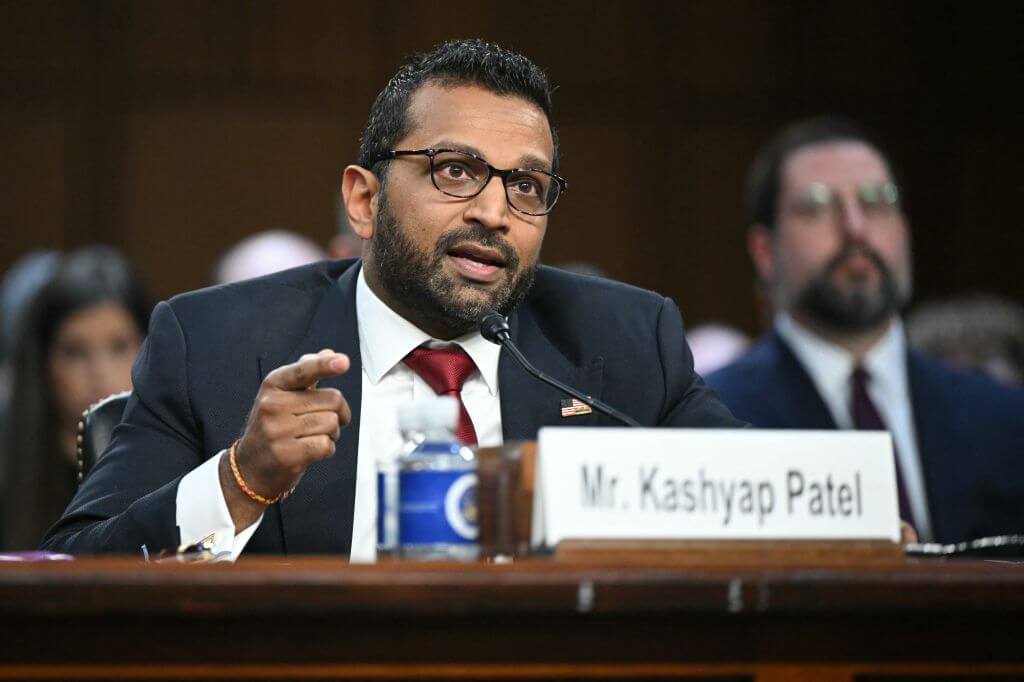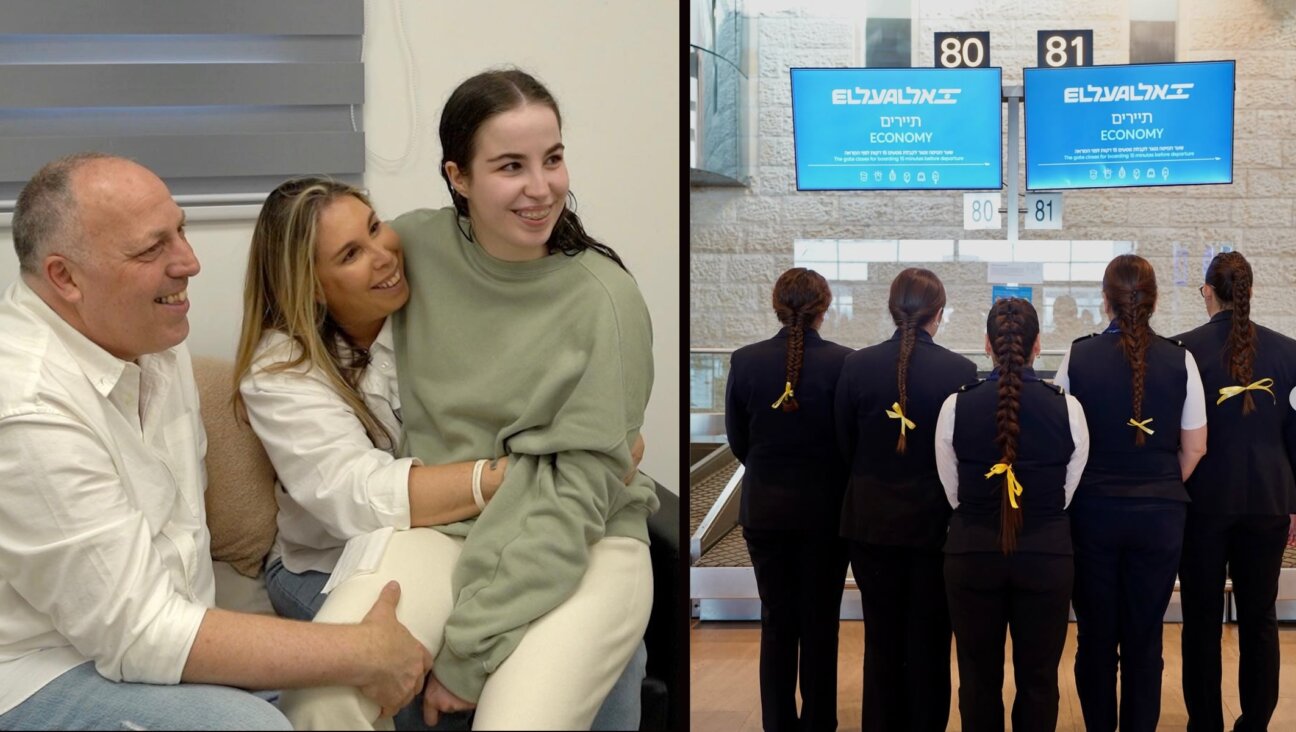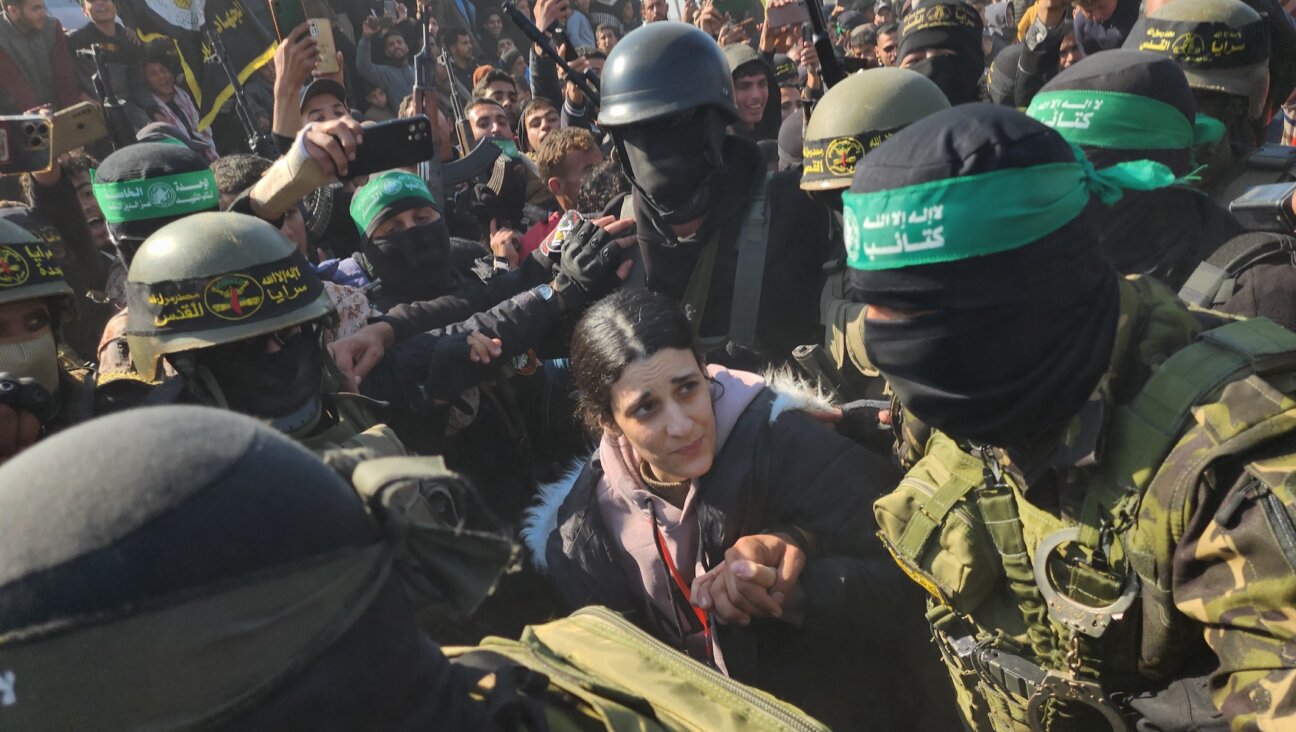Facing Gaza Withdrawal, Egypt Eyes Larger Role in Peace Process
Egypt is stepping up its involvement in Israel-Palestinian negotiations and pressing to revive a postponed Arab League summit in advance of Egyptian President Hosni Mubarak’s visit to the United States, which is set for later this month.
The Arab nation has also reportedly proposed establishing a new leadership for the collapsing Palestinian Authority, comprising senior politicians and security officials .
Such efforts have gained urgency for Egypt since Israeli Prime Minister Ariel Sharon announced plans to withdraw unilaterally from Gaza, along Egypt’s northeastern border, heightening the prospect that Islamist forces in Gaza, such as Hamas, would grab power.
Last weekend, Mubarak also took the lead in efforts to salvage an Arab League summit that was put off by host country Tunisia amid bickering over the agenda. On Wednesday, the semi-official Egyptian daily Al-Ahram reported that the summit would be held in Egypt at the beginning of May.
“Egypt feels a lot of internal, American and Israel pressure,” said Rashid Khalidi, the director of the Middle East Institute at Columbia University. “They would dearly love to produce something.”
Egypt’s role in the peace process will be the main topic of discussion when President Bush hosts Mubarak on April 12 at his ranch in Crawford, Texas, an honor he bestows only on those he considers top U.S. allies.
Khalidi and other observers said Cairo has a direct stake in making the Israeli withdrawal go smoothly because Gaza is adjacent to Egypt and a power vacuum would raise not only security risks but also the much-dreaded question of political legitimacy. If Hamas becomes the main political force in Gaza, it could not only fuel violence but also cast a harsh light on Egypt’s authoritarian regime.
“Egypt has a deep vested interest in not seeing Hamas come to terms with the Palestinian Authority because of internal politics,” Khalidi said. “They are keeping the Muslim Brotherhood in a box at home, so how can they accept it being in power next-door?” Hamas is a Palestinian offshoot of the Muslim Brotherhood.
Mubarak held talks on the Israeli disengagement plan with three U.S. envoys to the Middle East on Tuesday. The envoys, National Security Council staffers Steven Hadley and Elliott Abrams and Assistant Secretary of State William Burns, also consulted with European, Israeli and Arab officials this week about the plan, ahead of a visit to Washington by Sharon slated for April 14.
The growing Egyptian involvement in the Palestinian arena is welcomed by both Israeli and American officials, said Steven Spiegel, a Middle East specialist at the University of California at Los Angeles and an adviser to the Israel Policy Forum. He pointed to a recent visit of Israeli Foreign Minister Silvan Shalom to Egypt, as well as recent positive comments about Israel by Mubarak. Those overtures ground to a halt following Israel’s strike against Hamas leader Sheikh Ahmed Yassin. Egypt had made plans to celebrate the 25th anniversary of the Camp David peace treaty in the Knesset, but canceled after the killing of Yassin. Spiegel, though, said Cairo is determined to push ahead.
“They have the ability to pressure Arafat and to push for reforms in a way the Israelis and the United States can’t,” Spiegel said. “So this is a positive step.”
Mubarak is slated to meet representatives of Jewish organizations in Houston on April 14. Reva Price, Washington representative of the Jewish Council for Public Affairs, said that Jewish groups are preparing an agenda that will include items such as antisemitism in the Egyptian media, anti-Israel positions taken by Egypt in the United Nations, and Egypt’s reluctance to be more involved in securing Gaza after Israel withdraws.
The Anti-Defamation League announced that it would boycott the meeting because of Egypt’s decision to cancel celebrations in the Knesset marking the 25th anniversary of the peace treaty with Israel.
Mubarak blasted Tunisia last weekend for its “unwarranted” postponement of the Arab League summit and offered to reconvene the summit in Cairo, where the headquarters of the Arab League are located.
Observers attributed the collapse of the summit to several factors. One was a rare confrontation that pitted Egypt, Saudi Arabia and Syria against a group of smaller Arab countries over U.S. insistence that the summit address the issue of democratic reforms.
While the three heavyweights insisted on setting their own pace rather than obeying U.S. demands, other countries reportedly called for a more proactive stance on democratic reforms as a way to respond to popular discontent.
Another reason given for the postponement was Israel’s killing of Yassin in the days preceding the meeting and its dampening effect on a purported Saudi intention to revive its two-year-old initiative for peace with Israel. The Saudi offer, endorsed by a previous Arab League summit in Beirut, envisioned full normalization with Israel in exchange for its complete withdrawal to the pre-1967 armistice line.
“Apparently, no single Arab leader took an initiative for this summit and it was not well-prepared,” said Judith Kipper, a Middle East expert with the Council on Foreign Relations. “It is embarrassing for the Arab states and will certainly be seen as a blow to their credibility.”
A message from our Publisher & CEO Rachel Fishman Feddersen

I hope you appreciated this article. Before you go, I’d like to ask you to please support the Forward’s award-winning, nonprofit journalism so that we can be prepared for whatever news 2025 brings.
At a time when other newsrooms are closing or cutting back, the Forward has removed its paywall and invested additional resources to report on the ground from Israel and around the U.S. on the impact of the war, rising antisemitism and polarized discourse.
Readers like you make it all possible. Support our work by becoming a Forward Member and connect with our journalism and your community.
— Rachel Fishman Feddersen, Publisher and CEO










